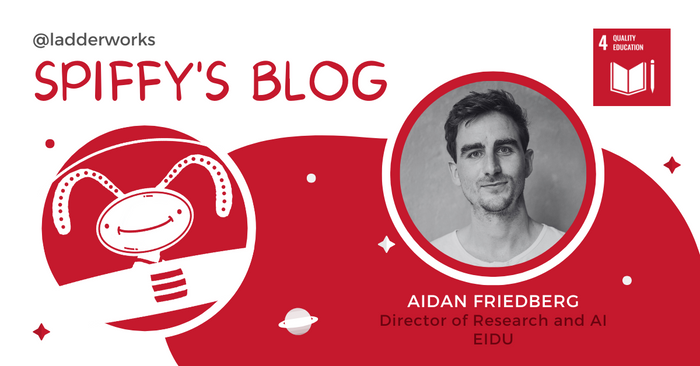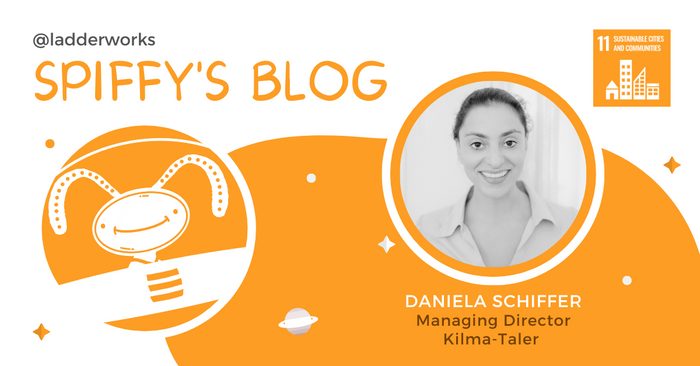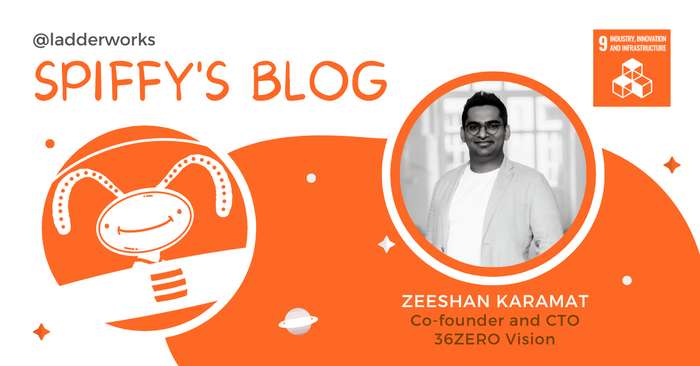Aidan: Thanks for having me, Spiffy. Our work tackles the critical challenge of ensuring that every child, regardless of circumstances, acquires foundational literacy and numeracy skills. This is crucial because an estimated 600 million children worldwide will not acquire these skills. We provide an open digital platform designed to enable governments and support all stakeholders—students, teachers, trainers, and administrators—enabling cost-effective, scalable, and impactful education solutions. Aligned with Sustainable Development Goal 4, we aim to close the global learning gap and build a future where every child thrives through education.
Daniela: Thanks for having me, Spiffy! In our Klima-Taler app we encourage citizens to adopt more sustainable and healthier lifestyle choices. Our innovative approach combines nudging and gamification. Citizens create Klima-Taler (climate coins) by saving five kilograms of carbon dioxide for walking, cycling, and using public transport. These KT can be exchanged for discounts or free admissions in participating cities, creating a tangible incentive for saving carbon dioxide. Our mission is to make sustainability rewarding and accessible for everyone.
Zeeshan: Thanks for having me, Spiffy! Our AI solutions significantly boost manufacturing quality and sustainability by automating visual inspections. This not only elevates accuracy and speed, thus reducing waste and conserving resources, but also helps in early defect detection, minimizing material usage, and environmental impact. By reallocating human resources from repetitive tasks to more value-added activities, we also improve productivity and job satisfaction. Thus, our technology fosters a more sustainable, efficient, and worker-friendly manufacturing environment.




